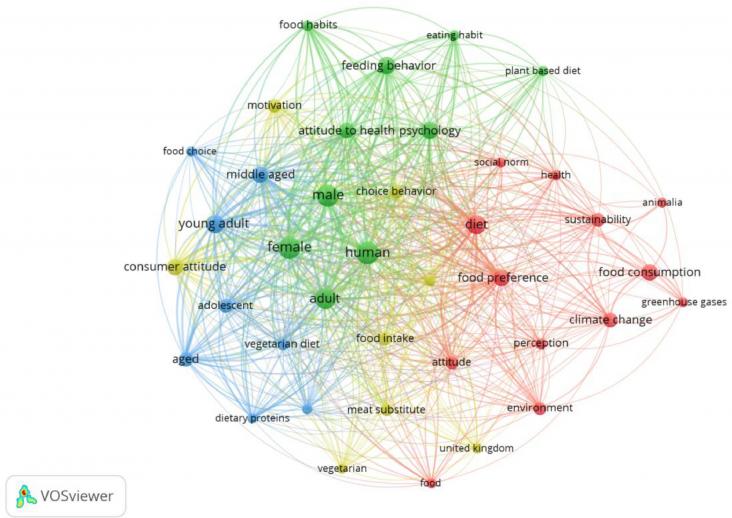Concerns over the impact of global meat production and consumption patterns are leading to increasing interest in alternative sources of protein.
Limiting food waste for more sustainable consumption.
RELX SDG Customer Awards aim to recognise RELX customers who share our commitment to driving action in support of the United Nations Sustainable Development Goals. Read more about the 2022 winners.
Elsevier,
Michael F. Ashby, Chapter 3 - What is a ‘Sustainable Development’?, Editor(s): Michael F. Ashby, Materials and Sustainable Development (Second Edition), Butterworth-Heinemann, 2022, Pages 51-68, ISBN 9780323983617.
This chapter advances the UN SDG goals 11 and 12 by defining what is meant by a 'sustainable development' and describing the challenges inherent in planning one.

Several studies have indicated that a global reduction in meat consumption is inevitable for sustainability and public health, despite the challenges inherent to changing eating habits.
The availability of food is the basic entity for the survival of human. The resources that make a nation food secured is guided by multiple factors and can be evaluated using a set of indicators.
Transitioning toward plant-based diets can alleviate health and sustainability challenges.

Cow's milk is considered a staple in many diets due to its high nutritional value. It contains almost every nutrient that the human body needs.


